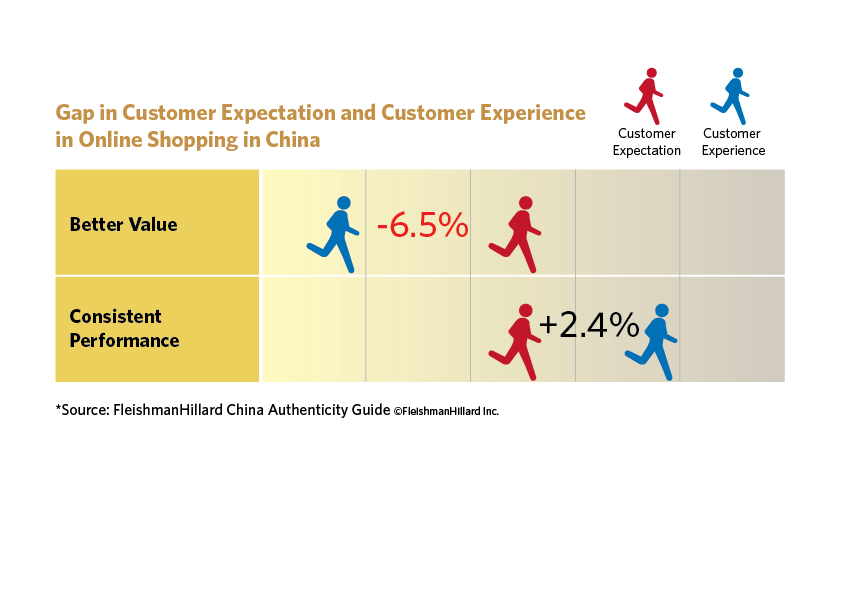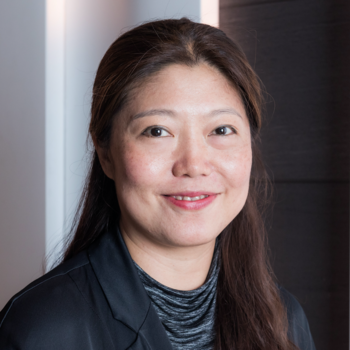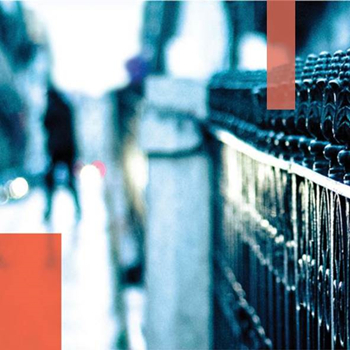Brands need to convince Chinese consumers on the value of online shopping New findings from FleishmanHillard’s 2014 ‘Authenticity Gap’
Beijing, August 4—FleishmanHillard today unveiled the 2014 results of its global Authenticity Gap studies in China, which explore the gap between what consumers experience when engaging with companies and what they expect of them.
Interestingly views that though online shopping is a fast growth area in China, Chinese consumers feel that online shopping brands are not providing the value they expect.
“This research highlights the need for companies expanding their online presence in China to do more to reassure consumers of the benefits of online shopping. Consumers want to know they will get the same quality service online as in the store, particularly with regards to imitations, payment security and the potential for the same product to cost less overseas,” commented Rachel Catanach FleishmanHillard’s Asia Head for Reputation Management and Managing Director Hong Kong.
The agency developed the insights to help companies understand the behaviors consumers most associate with authentic companies – and where organizations should make changes to improve their reputation.
For the second year the research was undertaken in China, the world’s fastest growing consumer market, covering 150 brands across 20 different categories of products and services, including some of the biggest brands alongside leading internationals such as Sony, Microsoft, L’Oreal, Philips, Nissan, HSBC, McDonalds and Exxon.
“No firm is doing more than FleishmanHillard to help organizations understand how brand and reputation intersect and to deliver actionable data and insights. In Asia, the Authenticity Gap provides particularly useful insights for companies looking to expand into China and Indonesia,” remarked Rachel.
Xu Dana, SVP & Head of Corporate and Public Affairs, FleishmanHillard Beijing: “This kind of research enables us to better understand consumers. It allows us to develop an approach, based on real evidence of what consumers want and don’t want. In China’s fast-growing consumer base, knowing what problems to address and how to address them gives companies an advantage in the race to capture this growth market and build a brand, product, or business that will last and prosper.”
China highlights
- Demand for value-added: Failure to deliver value is a common sentiment amongst consumers with 70% of sectors falling below expectations on providing products and services that offer value.
- Insatiable appetite for innovation: Majority expecting more innovation. The majority of sectors were failing to deliver innovative new products and services; even sectors like tablets and e-readers fell short.
Global highlights
- 700 brands covered in total in Canada, China, Germany, Indonesia, Netherlands, United Kingdom and United States of America.
- Consumers Care About More Than Products and Services: Less than half (48 percent) of what shapes our perceptions and beliefs about an organization are tied to its products and services. The rest (52 percent) comes from attributes related to management behavior and how a company interacts with society.
- Innovation Is Personalization: Not surprisingly, there is an insatiable appetite for innovation. Even more interesting is that consumers aren’t solely interested in more technological advances. They want and expect more in terms of fresh thinking around personalization of products and services.
- No such thing as a global brand: Across continents and even countries, the expectations and experience in the same industry vary widely. Executing against local expectation is crucial to an authentic relationship with local stakeholders.
About “Authenticity Gap” study
The research was done in partnership with UK-based research firm Lepere Analytics and uses Lepere’s patent-pending methodology for polling “expert consumers.” Flipping the traditional recruitment methodology, Lepere identifies expert consumers who have a high level of interest, knowledge, engagement and influence in the specific industries they were questioned about in the survey. This validated approach provides much richer insights than simple man-on-the-street polling done in other surveys. Lepere Analytics was founded in 2007. The methodology is is independently validated and is used by Wall Street investment analysts and portfolio managers. Polling is conducted for Lepere Analytics by Ipsos – the world’s third largest research company with operations in 84 countries. Online panels are in compliance with International quality standards ESOMAR and AIMRI and certified on key ISO standards.
Visit CenterOnReputation.com for further information on FleishmanHillard’s Authenticity Gap Study, the Executive Summary of the global results and access to the country-specific reports.



